Lentils
Lentils are one of the oldest foods, widely consumed in Middle East and Egypt. They are packed with protein and fiber, as well as antioxidants, especially polyphenols. These have mainly anti-inflammatory and neuroprotective effects. Eating lentils protects heart from disease, lowers cholesterol and blood pressure. They are rich in vitamin B and folate, good for proper development during pregnancy, as well as iron, magnesium, zinc and potassium. Thanks to a combination of fiber, carbohydrates and iron, they are great for steady increase of energy levels.
